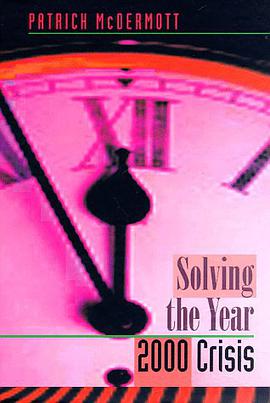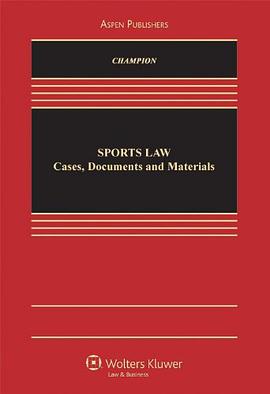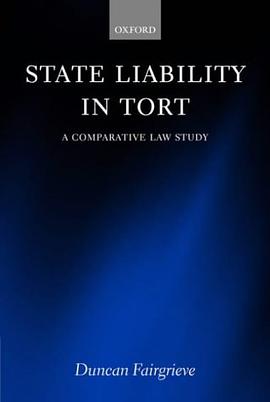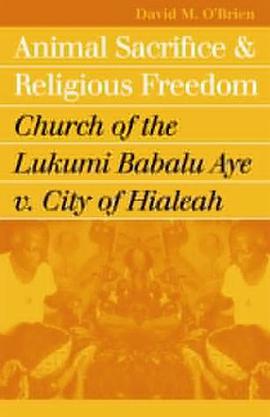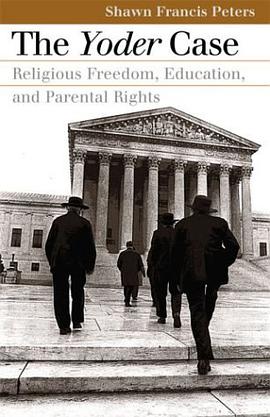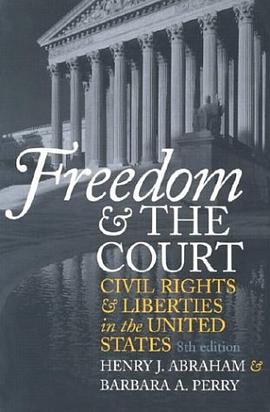

The role of the United States Supreme Court has been deeply controversial throughout American history. Should the Court undertake the task of guarding a wide variety of controversial and often unenumerated rights? Or should it confine itself to enforcing specific constitutional provisions, leaving other issues (even those of rights) to the democratic process? "That Eminent Tribunal" brings together a distinguished group of legal scholars and political scientists who argue that the Court's power has exceeded its appropriate bounds, and that sound republican principles require greater limits on that power. They reach this conclusion by an interesting variety of paths, and despite varied political convictions. Some of the essays debate the explicit claims to constitutional authority laid out by the Supreme Court itself in Planned Parenthood v. Casey and similar cases, and others focus on the defenses of judicial authority found commonly in legal scholarship (e.g., the allegedly superior moral reasoning of judges, or judges' supposed track record of superior political decision making). The authors find these arguments wanting and contend that the principles of republicanism and the contemporary form of judicial review exercised by the Supreme Court are fundamentally incompatible. The contributors include Hadley Arkes, Gerard V. Bradley, George Liebmann, Michael McConnell, Robert F. Nagel, Jack Wade Nowlin, Steven D. Smith, Jeremy Waldron, Keith E. Whittington, Christopher Wolfe, and Michael P. Zuckert.
具體描述
讀後感
評分
評分
評分
評分
用戶評價
相關圖書
本站所有內容均為互聯網搜索引擎提供的公開搜索信息,本站不存儲任何數據與內容,任何內容與數據均與本站無關,如有需要請聯繫相關搜索引擎包括但不限於百度,google,bing,sogou 等
© 2025 qciss.net All Rights Reserved. 小哈圖書下載中心 版权所有


